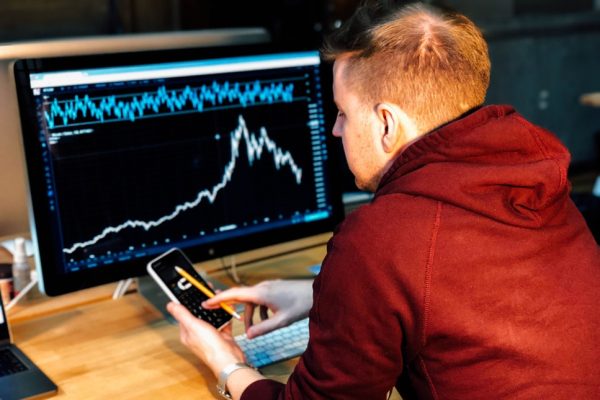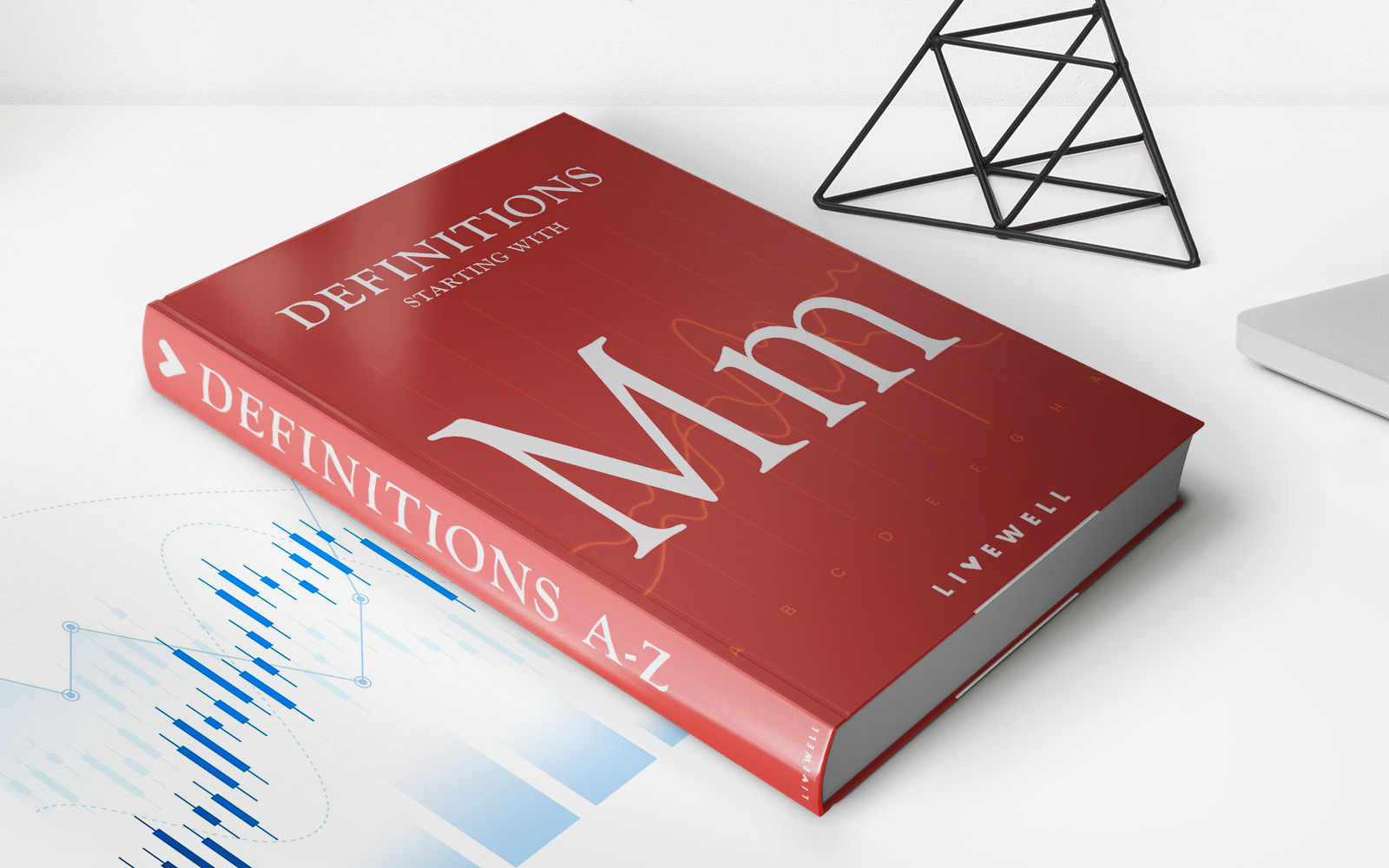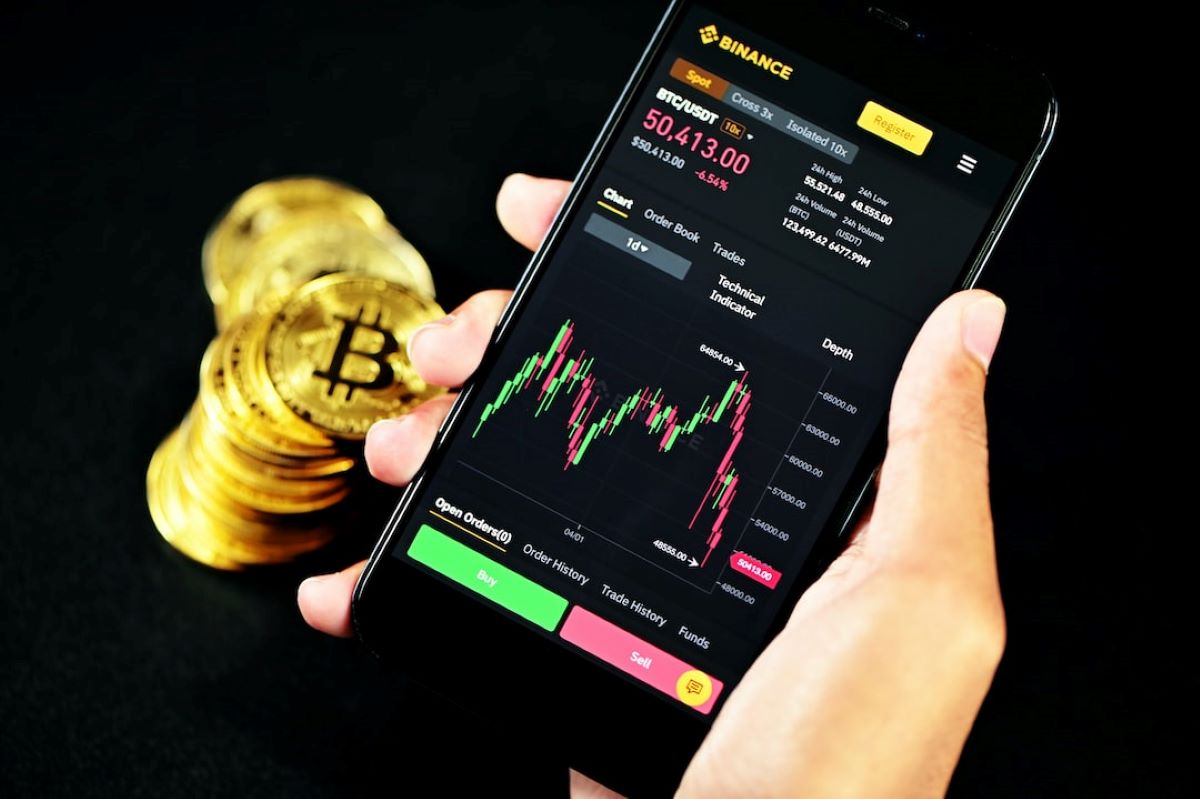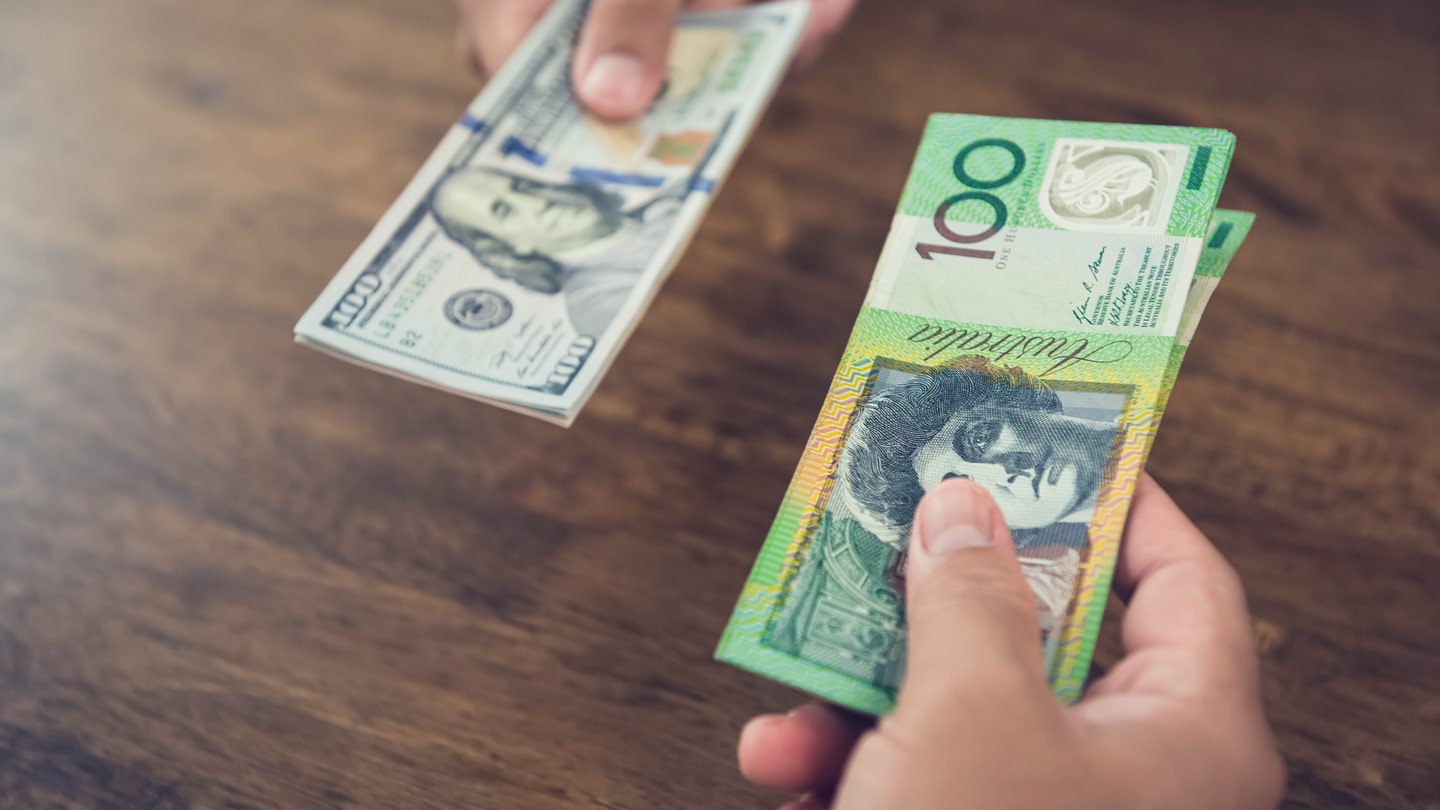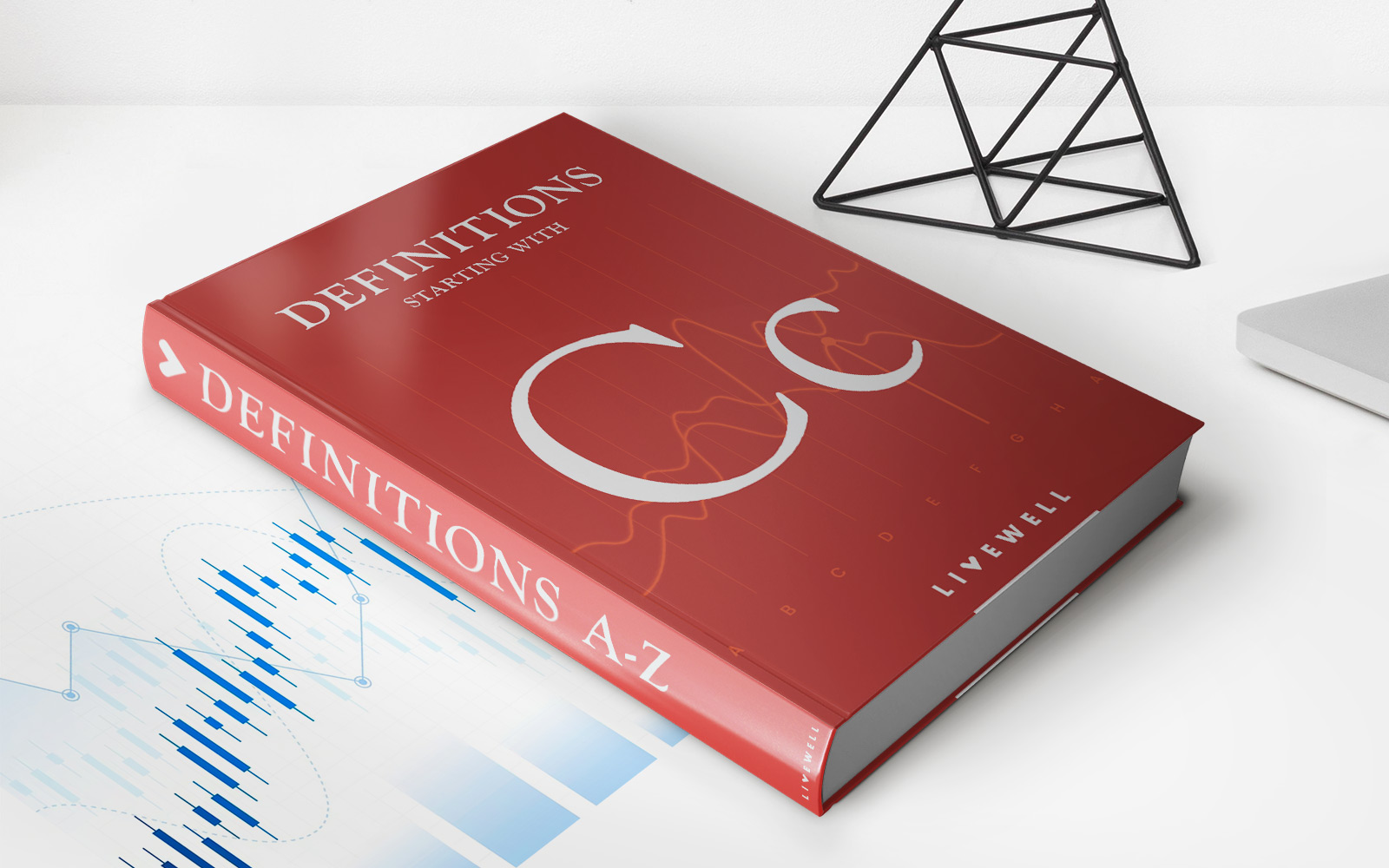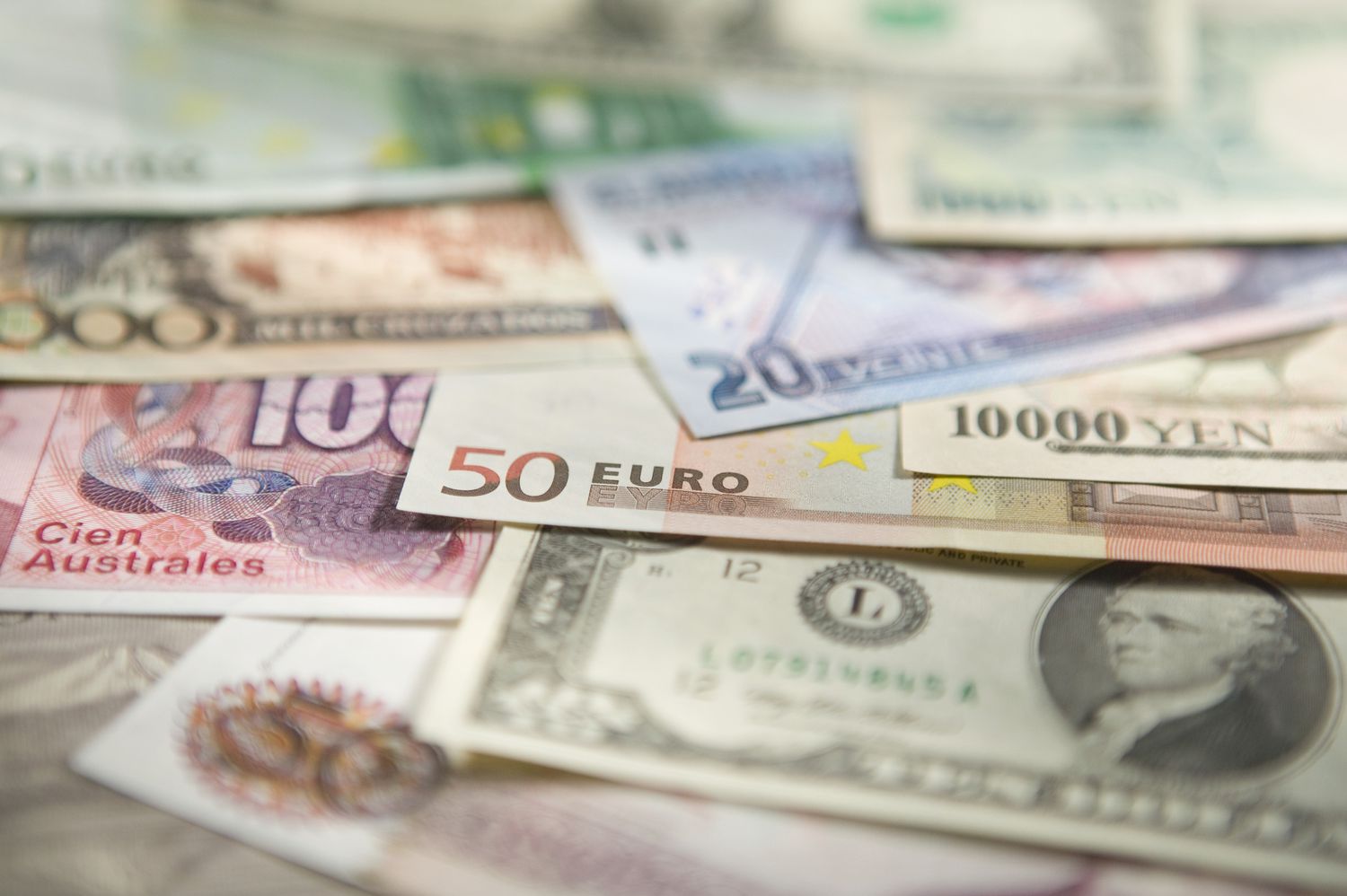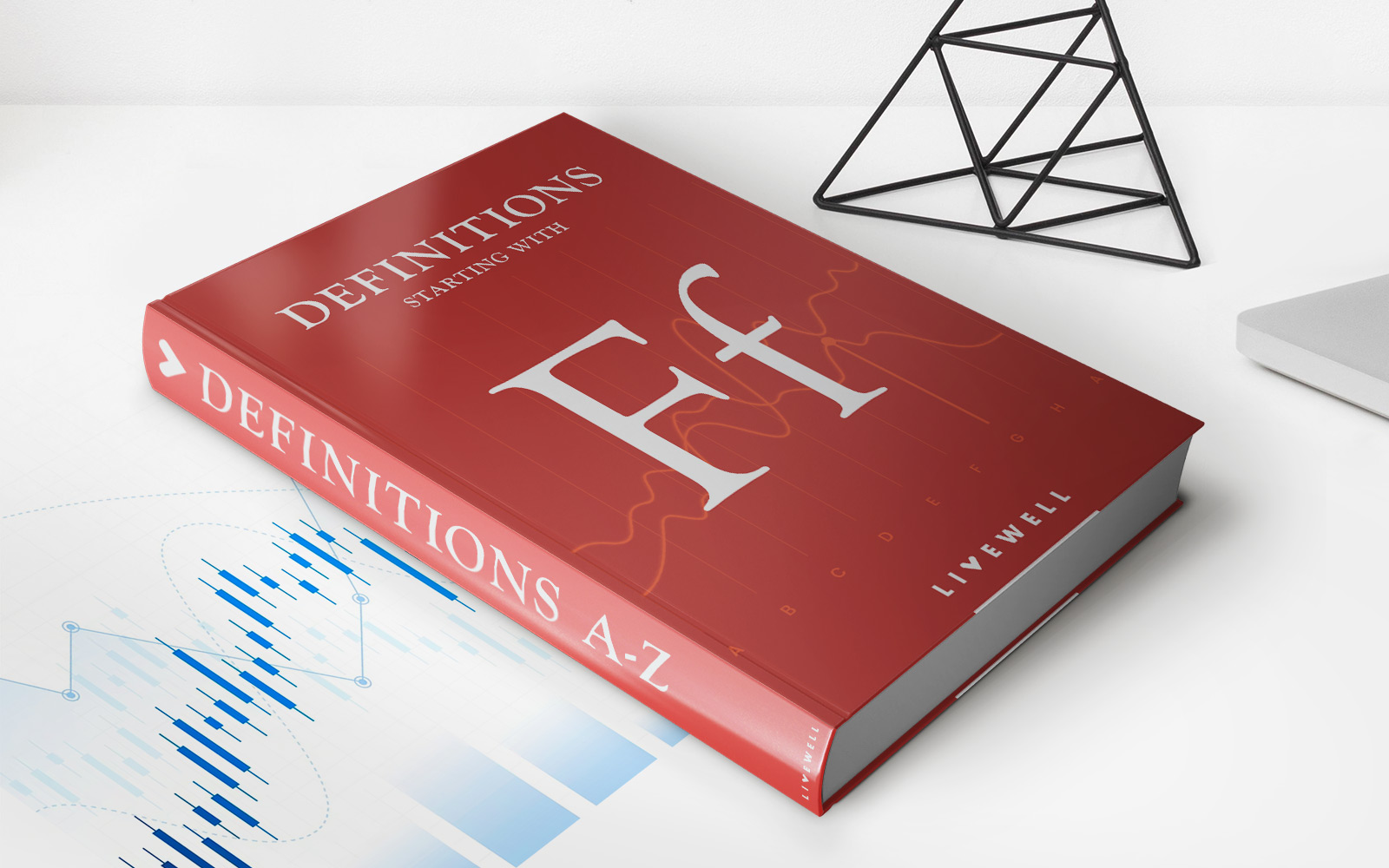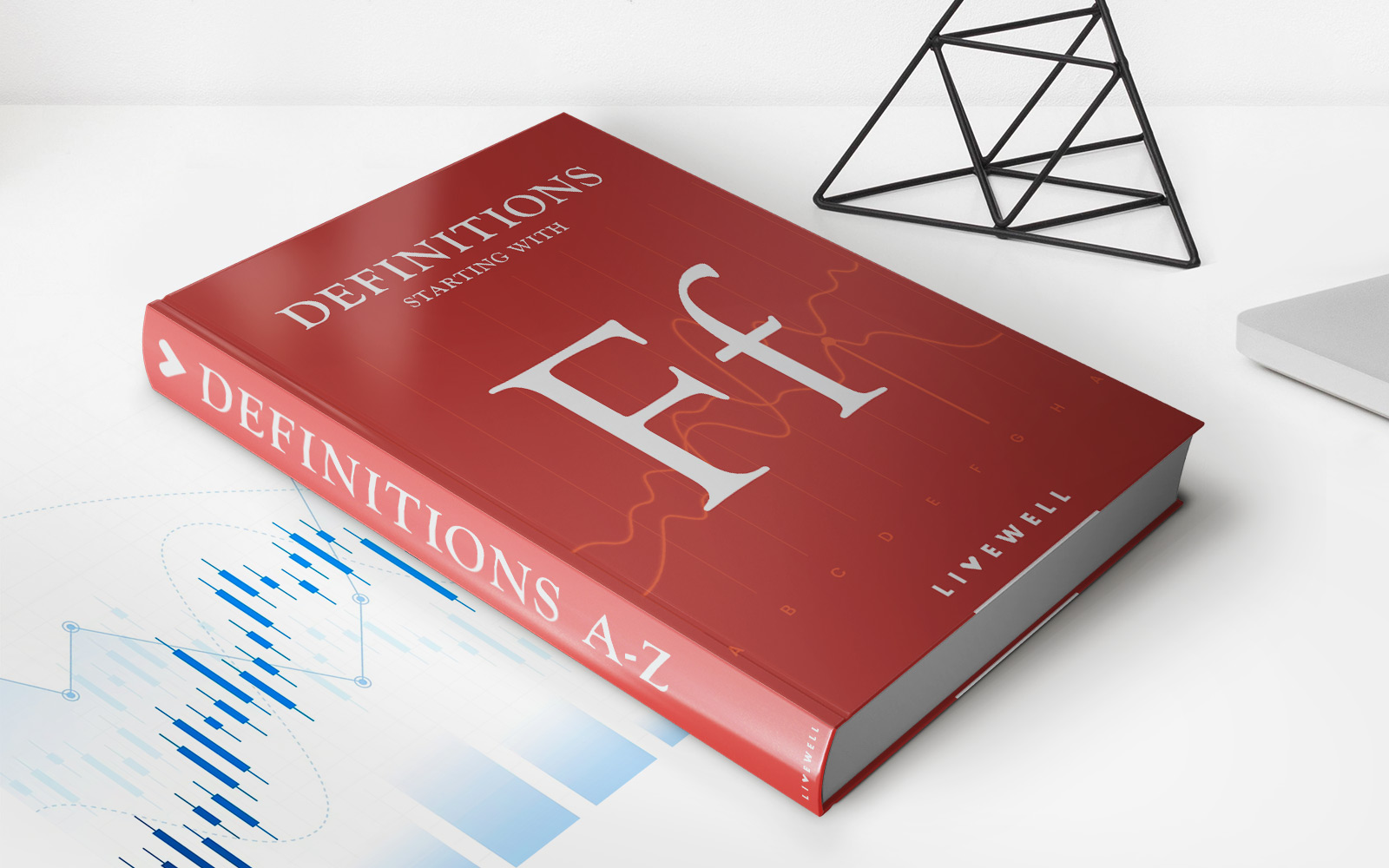Home>Finance>Forex (FX): Definition, How To Trade Currencies, And Examples
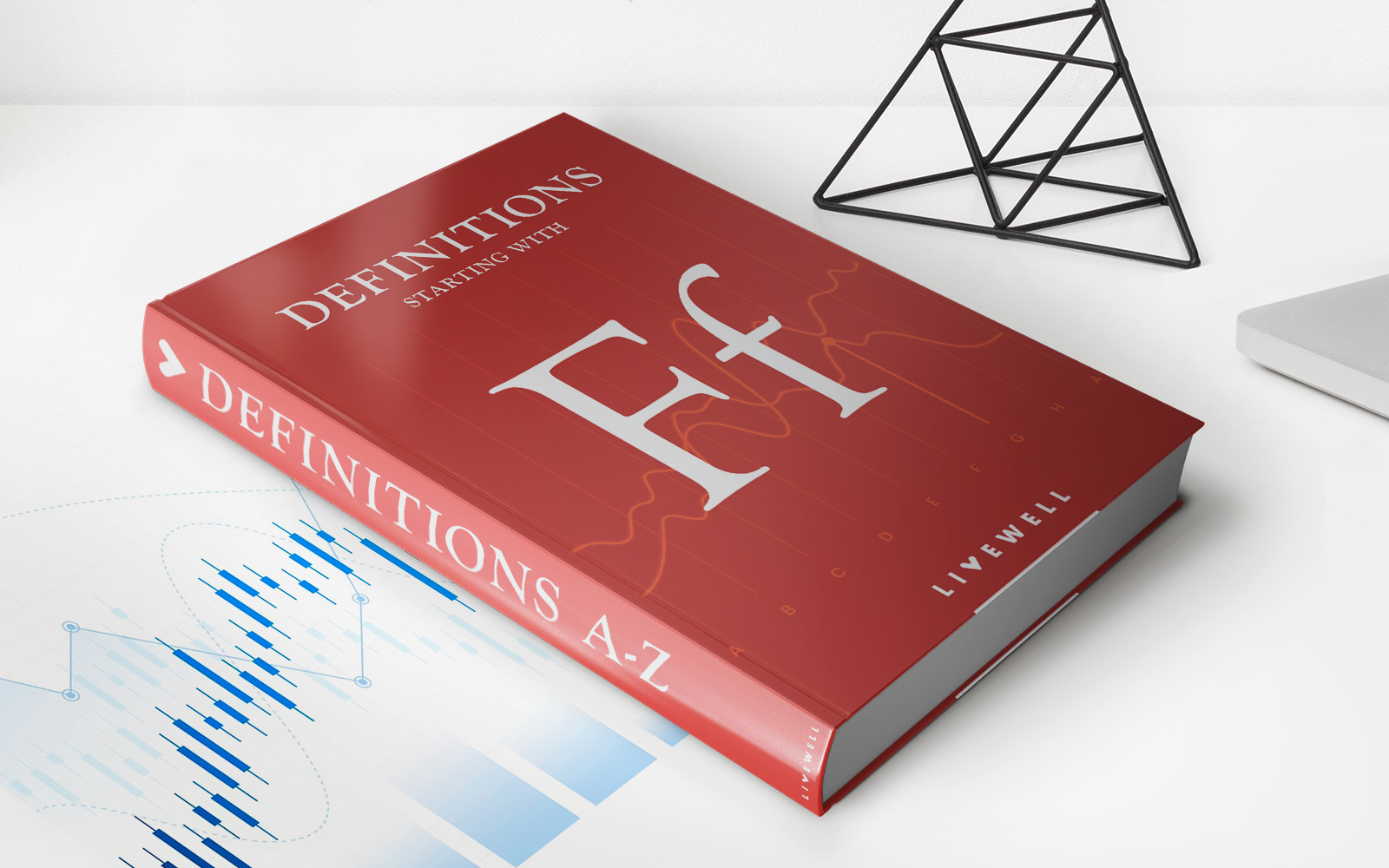

Finance
Forex (FX): Definition, How To Trade Currencies, And Examples
Published: November 26, 2023
Learn about Forex (FX) and how to trade currencies in the finance industry. Explore examples and gain a better understanding of this financial market.
(Many of the links in this article redirect to a specific reviewed product. Your purchase of these products through affiliate links helps to generate commission for LiveWell, at no extra cost. Learn more)
Forex (FX): Definition, How to Trade Currencies, and Examples
Welcome to the world of forex trading! Are you interested in learning how to trade currencies? Look no further, as this blog post will provide you with a comprehensive overview of forex (FX), its definition, how to trade currencies, and even some practical examples. By the end of this article, you’ll have a solid understanding of the forex market and be ready to take your first steps as a forex trader.
Key Takeaways:
- Forex (FX) refers to the global currency market where traders buy and sell currencies.
- Trading currencies involves speculating on the changes in exchange rates.
What is Forex (FX)?
Forex, also known as FX or the foreign exchange market, is the largest financial market in the world. It functions as a decentralized market where participants trade currencies. Forex trading involves the buying and selling of one currency for another, with the aim of making a profit from the fluctuations in exchange rates.
The forex market operates 24 hours a day, five days a week, thanks to its global nature. It is a highly liquid market, meaning there is a high level of trading volume and price volatility, offering ample opportunities for traders to profit.
How to Trade Currencies?
Trading currencies in the forex market involves several key steps:
- Educate yourself: Start by gaining a solid understanding of forex trading basics, including the terminology, market trends, technical analysis, and risk management strategies. A successful forex trader is always well-informed and prepared.
- Select a reliable broker: Choose a reputable forex broker that offers a user-friendly trading platform, competitive spreads, and a wide range of currency pairs to trade.
- Open a trading account: Once you’ve chosen a broker, open a trading account and deposit funds. Most brokers offer different account types to cater to traders of all levels, from beginners to experienced professionals.
- Analyze the market: Utilize technical and fundamental analysis to identify potential trading opportunities. Technical analysis involves studying price charts, patterns, and indicators, while fundamental analysis focuses on economic indicators and news events that impact currency movements.
- Execute trades: Based on your analysis, place buy or sell orders through your trading platform. You can choose between different order types, such as market orders, limit orders, and stop orders.
- Monitor and manage your trades: Keep a close eye on your positions, set stop-loss and take-profit levels to manage risks, and adjust your trades as market conditions evolve.
- Learn and adapt: Forex trading is a dynamic and ever-evolving field. Keep learning, experimenting, and adjusting your trading strategies to adapt to changing market conditions.
Examples of Currency Trading
Let’s look at a couple of examples to better understand currency trading:
- EUR/USD: Assume you believe that the euro (EUR) will strengthen against the US dollar (USD). You buy the EUR/USD currency pair at 1.1200, and if the exchange rate rises to 1.1300, you can sell the pair, making a profit.
- GBP/JPY: Suppose you anticipate that the British pound (GBP) will weaken against the Japanese yen (JPY). You open a sell position on the GBP/JPY pair at 130.00, and if the exchange rate drops to 128.00, you can close the position, earning a profit.
These examples illustrate that forex trading allows you to profit from both rising and falling markets. Its dynamic nature provides countless opportunities for traders to capitalize on currency fluctuations.
Conclusion
Forex (FX) trading is a fascinating and potentially lucrative endeavor for those interested in the global currency market. Whether you are a beginner or an experienced trader, understanding the fundamentals of forex trading is crucial to success. Remember to educate yourself, choose a reliable broker, analyze the market, execute trades, and continuously learn and adapt. With dedication and practice, you can navigate the exciting world of forex and potentially unlock financial opportunities.
